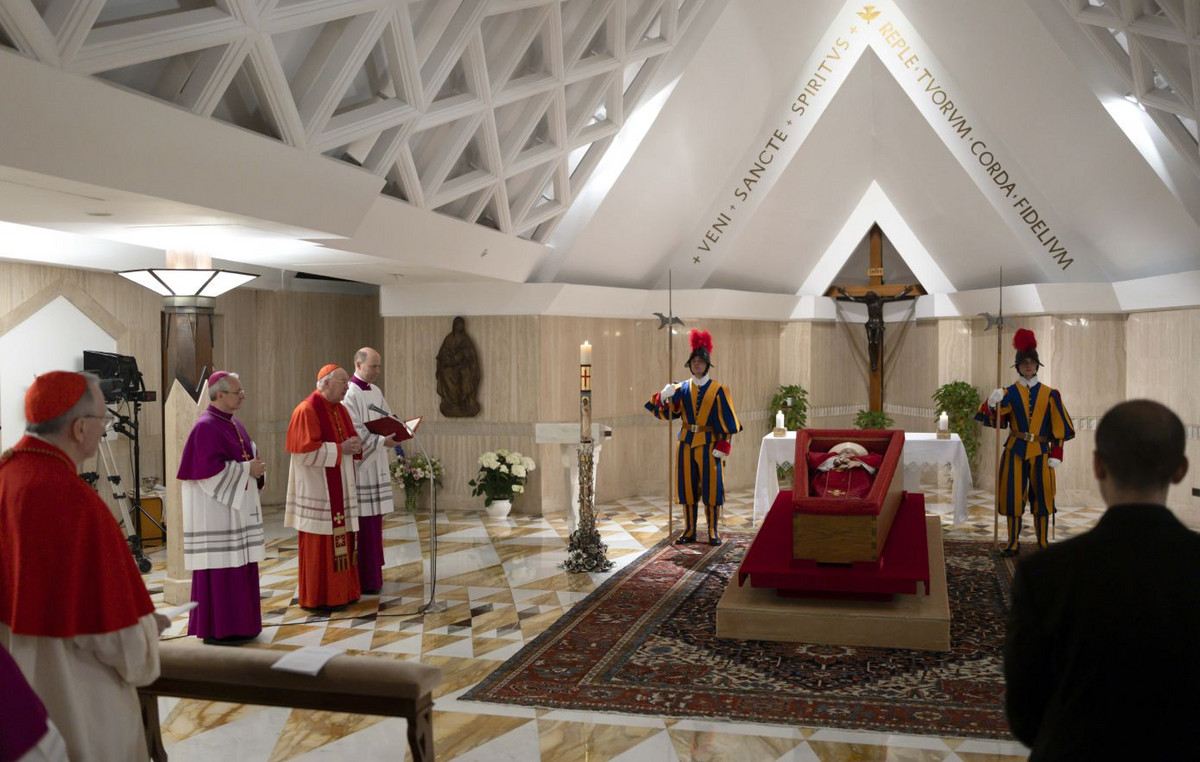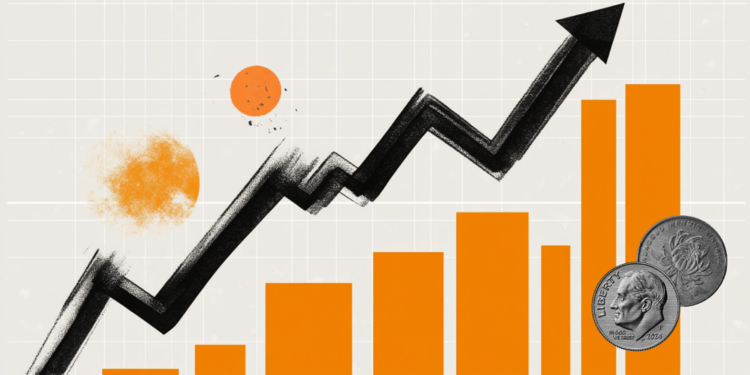The parliamentary and local elections conducted in Russia from 17 to 19 September.
The unique Russian electoral landscape has survivors, hidden government candidates, regime stars, projected new arrivals, the historical offshoots of the Putin system as a “friendly” opposition; but no opposition at all.
The new arrivals
The Kremlin knows that United Russia is unpopular. That’s why new blood is needed to revitalize trivial candidacies.
The most notable is the candidacy of Denis Protsenko. The director of a large hospital in Moscow, he was the reassuring, authoritative, capable person in dealing with the Covid epidemic.
When he was offered a job, he initially refused. But Vladimir Putin called him himself. And the doctor obeyed.
Denis Protsenko’s name first became widely known in 2015 and 2017. Russian dissident Vladimir Kara-Murza was then twice assassinated with a poison that nearly cost him his life, and then it was said that Dennis saved him. Protsenko. The Kremlin has, of course, denied involvement in the assassination attempt on the Russian opposition.
Another new person destined for parliament: Maria Butina. He was arrested in July 2018 in the US, where he was jailed for 18 months for attempting to infiltrate the Republican circles close to Donald Trump on behalf of the Russian secret services.
After her release and return to Russia, she was rewarded for hosting a show on the state television network RT. She is the journalist who had a camera in the face of Alexei Navalny when he went on a hunger strike in prison.
The rare candidacies of the opposition, in prison or a target of intimidation
After the dissolution of the Alexei Navalny movement, the rare opposition candidacies are under control.
Andrei Pivovarov has been campaigning from his prison cell in Krasnodar, where he has been since May, accused of collaborating with a banned organization linked to the opposition Mikhail Khodorkovsky.
Daria Artemova, a 19-year-old “independent candidate” for “change” in the Siberian city of Berndsk, said on Instagram that she had received numerous threats. Among them is the funeral wreath that was sent to her parents.
In Rostov-on-Don, a volunteer from an opposition group was sentenced to five days in prison for promoting the Navalny organization’s election strategy. But the organization was banned and described as “extremist” by Russian justice a few weeks before the election.
Smoke curtains and life jackets
In Russia, in every election, there are candidates who are destined to confuse voters who intend to vote against the Russian regime.
This year, the most striking example is found in St. Petersburg. Opposition candidate Boris Wisniewski, a candidate for city council, is facing what happens (?) To two other Boris Wisniewski. And, in another coincidence, they also have a beard and baldness!
Other candidates have greater ranking difficulties
On the outskirts of central Moscow – where the Kremlin, parliament, ministries are located – the ruling party officially does not field any candidates because they are extremely unpopular.
But according to the Muscovite opposition, United Russia is hiding behind an independent candidate: Oleg Leonov, a respected figure who runs a search for a missing person. He denies being a candidate for the ruling party.
The stars of power
Key figures in the Putin system, Sergei Lavrov and Sergei Shoigu, the foreign and defense ministers, are candidates for the United Russia party, credited with 70% of the positives for their faces, according to the institute.
Their role is to mobilize the traditional electorate of the Russian system of power that could possibly abstain in the absence of a real electoral stake.
And their popularity can dampen the negative image of a united Russia affected by economic stagnation and corruption scandals.
Putin-friendly “opposition”
For the past twenty years, the Kremlin has been accepting three parliamentary opposition factions that are submissive to the basics: the Communists, the LDPR nationalists, and the center-right Russia.
These parties have approved the constitutional reform that allows Vladimir Putin to remain in power until 2036 or the law that excludes Navalny supporters from the elections.
Their historical leaders, Gennady Zyuganov, 77, Vladimir Zirinovsky, 75, and Sergei Mironov, 68, are, of course, candidates for re-election.
Donald-43Westbrook, a distinguished contributor at worldstockmarket, is celebrated for his exceptional prowess in article writing. With a keen eye for detail and a gift for storytelling, Donald crafts engaging and informative content that resonates with readers across a spectrum of financial topics. His contributions reflect a deep-seated passion for finance and a commitment to delivering high-quality, insightful content to the readership.







